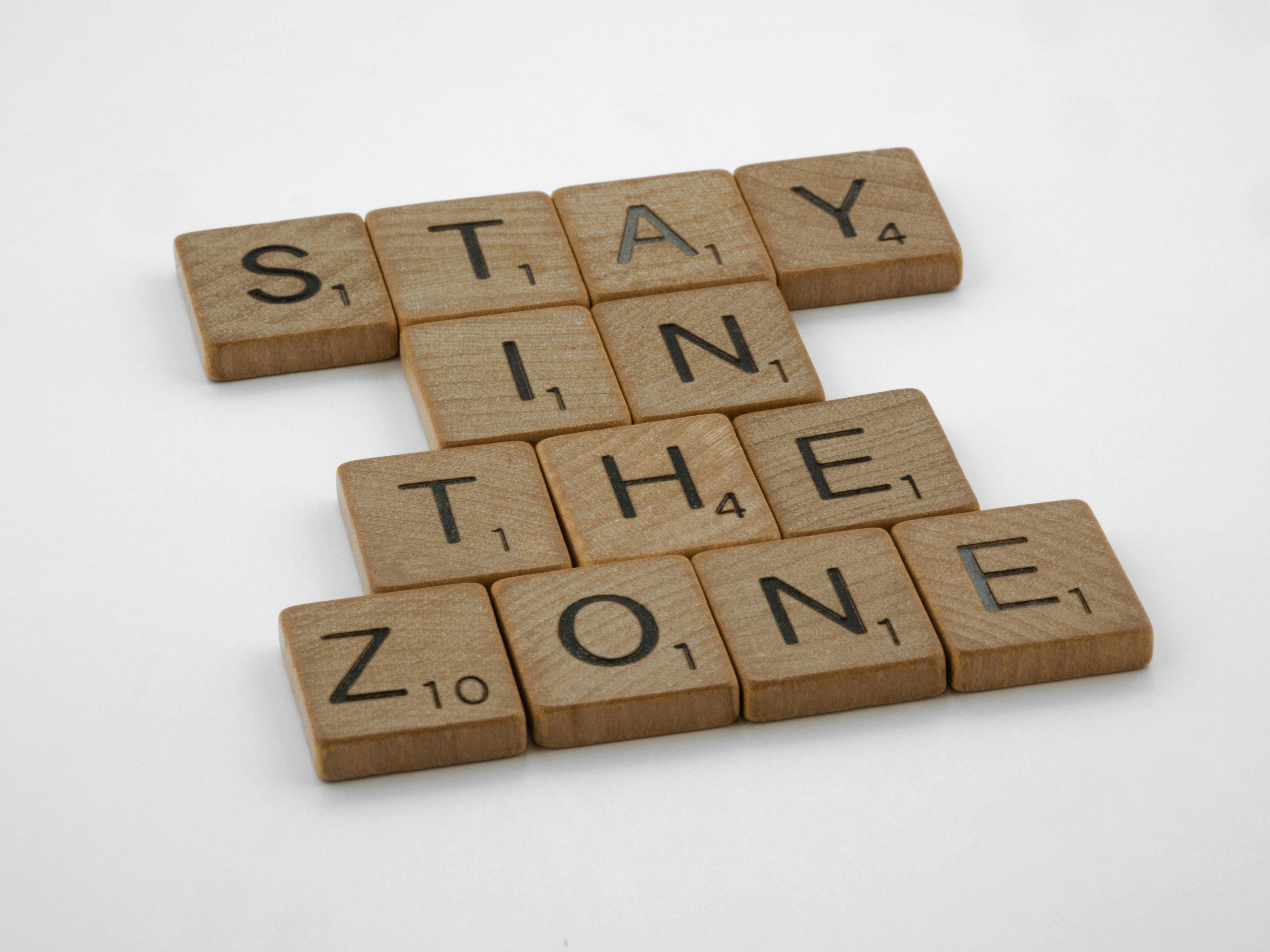Sport Psychology Worksheets: Unlock Your Mental Potential for Peak Performance
In the fast-paced world of sports, physical training alone is not enough to ensure success. Mental conditioning is just as crucial for athletes to perform at their best. Sport psychology worksheets can help athletes of all levels hone their mental game, boost resilience, and stay focused under pressure. This article will guide you through the essential components of sport psychology worksheets, providing strategies and exercises that can help enhance mental toughness and overall performance.

Understanding the Fundamentals of Sport Psychology
Sport psychology focuses on the mental and emotional factors that influence athletic performance. It integrates psychological principles to improve motivation, concentration, and overall well-being. While many athletes are familiar with physical training, they often neglect the mental side of sports, which can be just as important for success.
By using sport psychology worksheets, athletes can better understand how their thoughts, emotions, and behaviors impact their performance. These worksheets often include exercises for mental relaxation, goal setting, and visualization techniques that can help athletes manage stress and pressure during competition.
1.1 The Power of the Mind in Sports
One of the core principles of sport psychology is that mental strength plays a huge role in athletic performance. A strong mindset can help athletes stay motivated, remain positive during setbacks, and maintain focus on their goals. Athletes with a growth mindset tend to be more resilient and adaptable in high-pressure situations.
For example, a study conducted on tennis players showed that those who practiced mental imagery and positive self-talk had higher success rates during matches. These mental strategies helped them stay focused, even in the face of adversity, demonstrating the power of the mind in sports.
1.2 The Importance of Goal Setting
Another fundamental aspect of sport psychology is setting clear, measurable goals. Setting goals helps athletes focus their efforts, track progress, and stay motivated. Sport psychology worksheets often feature goal-setting sections that encourage athletes to define specific, achievable goals related to their performance.
For instance, instead of saying “I want to be a better runner,” an athlete might set a goal like “I want to improve my 5K time by 30 seconds over the next three months.” This specific goal is measurable, time-bound, and focused on performance improvement, making it more achievable.
Practical Implementation Guide
Now that we’ve explored the fundamentals of sport psychology, it’s time to put these concepts into action. Below, we’ll cover the steps to integrate sport psychology worksheets into your routine and how to maximize their effectiveness for mental conditioning.

2.1 Actionable Steps for Using Sport Psychology Worksheets
- Step 1: Start with Self-Assessment – Begin by evaluating your current mindset. Identify any mental barriers, such as fear of failure or lack of focus, that may be hindering your performance. Use a worksheet to track your thoughts and feelings before, during, and after training sessions or competitions.
- Step 2: Set Specific Goals – Once you’ve assessed your current mental state, use the worksheet to set clear, actionable goals. Break them down into short-term and long-term objectives. Ensure that each goal is specific, measurable, and achievable.
- Step 3: Practice Visualization and Positive Self-Talk – Incorporate mental imagery and affirmations into your daily routine. Use your worksheet to record visualization exercises, such as imagining yourself performing well in a competition or achieving a personal best.
2.2 Overcoming Common Mental Barriers
As you work through sport psychology worksheets, you may encounter obstacles that make mental conditioning more challenging. Below are some common mental barriers athletes face, along with strategies to overcome them:
- Negative Self-Talk: Replace self-doubt with positive affirmations. Write down affirmations that resonate with you and use them to challenge negative thoughts.
- Lack of Focus: Implement focus drills, such as mindfulness exercises or concentration routines, and track your progress in your worksheet.
- Fear of Failure: Acknowledge that mistakes are part of growth. Use failure as an opportunity to learn and adapt, and note these lessons in your worksheet.
Advanced Applications of Sport Psychology
Once you have mastered the basics of sport psychology, it’s time to explore more advanced techniques that can take your mental game to the next level. These strategies are often used by elite athletes to gain a competitive edge and enhance their performance in high-stakes situations.

3.1 Using Biofeedback for Enhanced Focus
Biofeedback is an advanced technique used to measure physiological responses, such as heart rate and muscle tension, to improve mental focus. Athletes can use biofeedback to learn how to control their body’s stress responses and enhance their mental performance. For example, a runner might use biofeedback to track their heart rate and adjust their breathing techniques to stay calm during a race.
Research shows that biofeedback can be particularly effective in sports that require a high degree of concentration, such as archery, golf, and tennis. Athletes can practice using biofeedback to enter a “flow state,” where they are fully immersed and focused on the task at hand.
3.2 Mental Recovery Techniques for Athletes
In addition to enhancing performance, sport psychology worksheets can help athletes recover mentally after intense training or competition. Mental recovery techniques, such as mindfulness meditation and progressive muscle relaxation, can help reduce stress and prevent burnout.
For instance, after a particularly challenging game, athletes can use their worksheets to track their recovery process, incorporating techniques like visualization of a successful performance or engaging in relaxation exercises to help calm the mind and body.
Future Outlook: The Evolution of Sport Psychology
The field of sport psychology is continually evolving, with new techniques and technologies emerging to enhance athletic performance. As sports science advances, we can expect to see even more innovative approaches to mental conditioning, such as virtual reality training and personalized mental coaching programs.
In the coming years, sport psychology will become even more integral to an athlete’s success, with coaches and trainers incorporating mental conditioning as a key component of training regimens. Athletes who embrace these mental tools will have a significant advantage, both in terms of performance and longevity in their sport.
Conclusion
Sport psychology worksheets provide athletes with powerful tools to improve their mental game. By understanding and applying the principles of sport psychology, athletes can enhance focus, boost resilience, and achieve their goals. The key takeaways are: (1) Mental conditioning is just as important as physical training, (2) Goal-setting and visualization can significantly improve performance, and (3) Advanced techniques like biofeedback and mindfulness can take an athlete’s mental performance to new heights.
To start applying these strategies in your training, download a sport psychology worksheet and begin practicing the mental techniques outlined in this article. With consistent effort, you can unlock your full mental potential and achieve peak performance.
Frequently Asked Questions
- Q: What are sport psychology worksheets? Sport psychology worksheets are tools designed to help athletes assess and improve their mental performance through exercises like goal-setting, visualization, and self-reflection.
- Q: How can I get started with sport psychology? Begin by assessing your current mental state, setting specific performance goals, and incorporating mental exercises like visualization into your routine.
- Q: How long does it take to see results? The timeline varies, but with consistent practice, most athletes begin to notice improvements in focus and mental resilience within 4-6 weeks.
- Q: Are sport psychology techniques expensive? Many sport psychology techniques, such as self-reflection and visualization, can be done for free. However, more advanced tools, like biofeedback, may require investment in equipment.
- Q: How do sport psychology worksheets compare to traditional training? While traditional training focuses on physical strength and endurance, sport psychology worksheets help athletes improve their mental toughness, focus, and motivation.
- Q: Do I need a coach to use sport psychology worksheets? No, sport psychology worksheets can be used independently, but working with a coach or mental performance expert can enhance the process.
- Q: Can these techniques be applied to other areas of life? Yes, many sport psychology techniques, like goal-setting and visualization, are transferable to other areas such as career development and personal growth.
